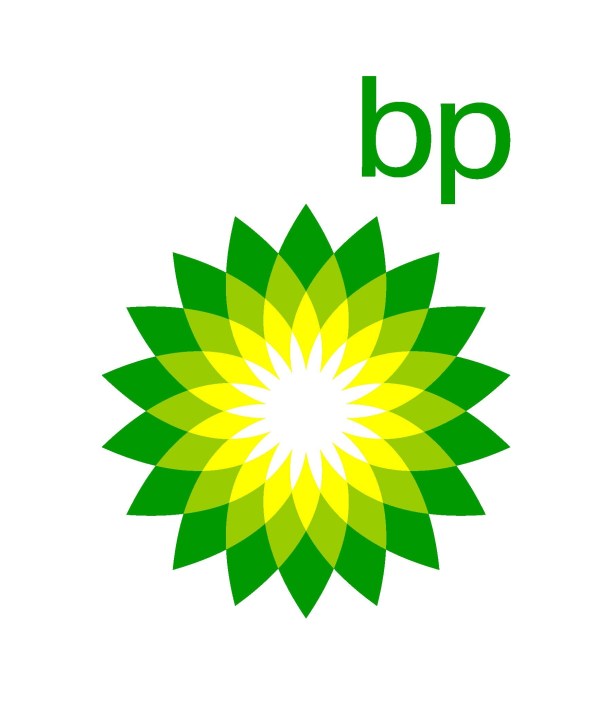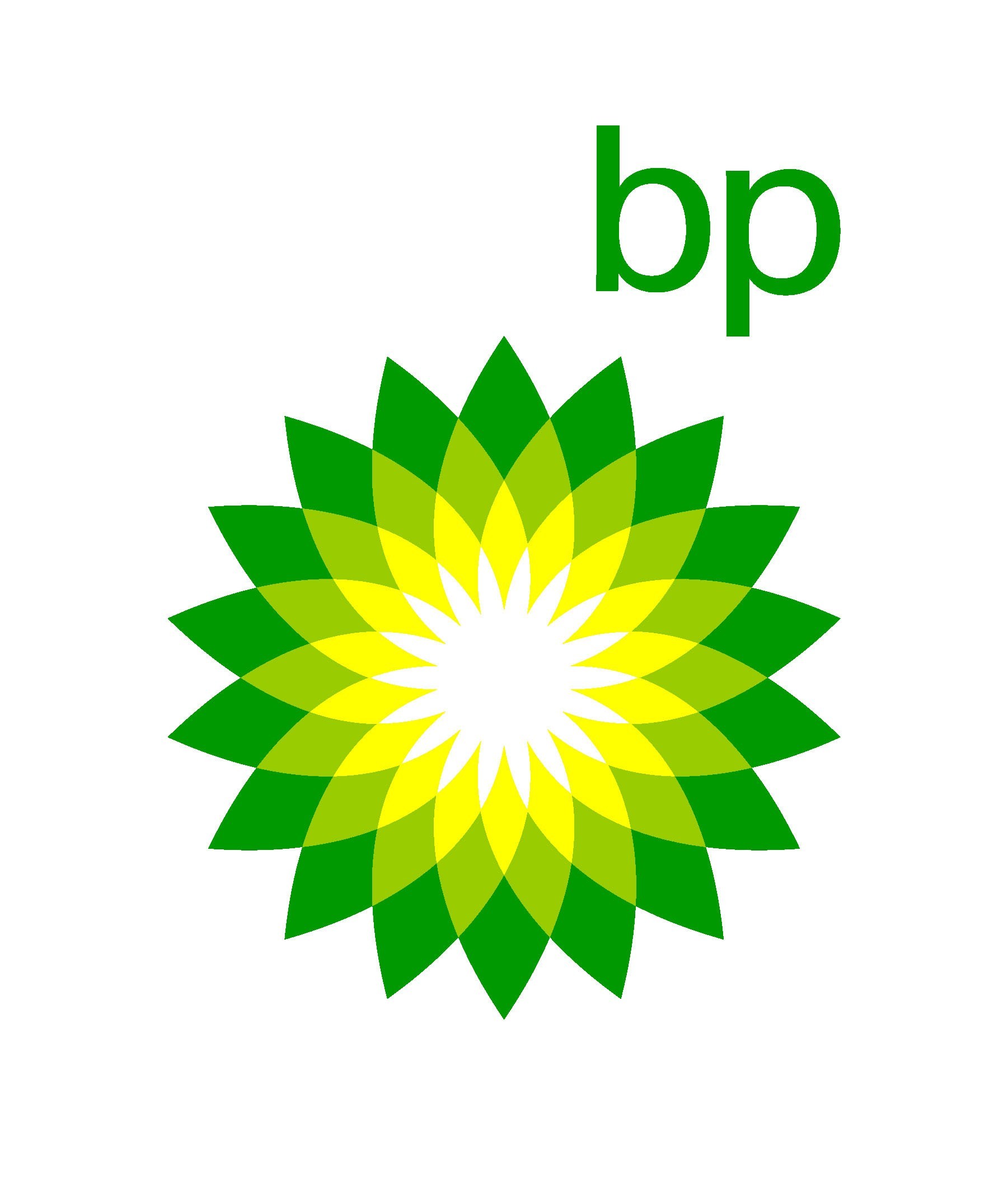 BP is in trouble. Deep trouble. American lawmakers are threatening to take away its
dividends and now President Obama is huffing and puffing in order to deflect attention from the role of his administration. BP is struggling to get a word in with the media, pundits, talking heads,
politicians and environmental experts monopolising the airwaves.
BP is in trouble. Deep trouble. American lawmakers are threatening to take away its
dividends and now President Obama is huffing and puffing in order to deflect attention from the role of his administration. BP is struggling to get a word in with the media, pundits, talking heads,
politicians and environmental experts monopolising the airwaves.
Not a lot of people will be sympathetic to BP’s plight. The Deepwater Horizon explosion and oil spill is first and foremost a human and natural tragedy: 11 workers were killed, others were
injured and now many Gulf Coast residents will end up losing their homes and livelihoods while their natural environment will be polluted for years to come. BP should, rightly, share much of the
blame for this.
But could BP have done things a little differently to avoid what now looks like a gathering storm? I don’t mean how the company could have ensured that the Deepwater Horizon oil rig – and deep-water drilling more generally – was operated in a safer manner. Whatever US legislation demands, BP should clearly have undertaken a better analysis of the risks involved in the drilling and established a minimum set of requirements to be applied even in lax regulatory jurisdictions such as the US.
I am more talking about BP’s PR mistakes. It is easy to say now, of course, but there are a few things the company should have done differently.
For starters, BP should never have allowed a non-American to be its public face. It probably should never have allowed its CEO, Tony “What the hell did we do to deserve this?” Hayward, near a microphone. But this goes beyond the gaffe-prone CEO. The US is an intensely patriotic country and faced with one of the largest disasters in its history, public attention was always going to turn to Hayward’s nationality – in an unfortunate way for a company with some many US employees and shareholders.
BP is no longer called “British Petroleum”. British Petroleum merged with Amoco (which used to be Standard Oil of Indiana) in 1998. In 2001 they bought Arco and Burmah Castrol, becoming
BP plc. The company is not British, it’s a multinational corporation. Calling BP “British Petroleum”, however, shifts the blame in a useful way. And the English-accented Hayward
has made the shift so much easier.
The best way would have been for BP to find Paul Neal “Red” Adair figure, preferably someone with a folksy idiom, who would hold press conferences not wearing a Brooks Brother shirt, but
rolled-up sleeves and talk about the day’s efforts to address the problem. BP should also have done far more to ensure its US partners, like Transocean and Halliburton, were as associated
with the spill as BP is – by running ads using all the company names, referring to the companies involved in interviews etc etc.
Getting out of the environmental and PR mess will be difficult for BP; so difficult in fact that I cannot see the company in the long-term continuing to trade under its current name. So whatever happens, it is the end of BP.







Comments